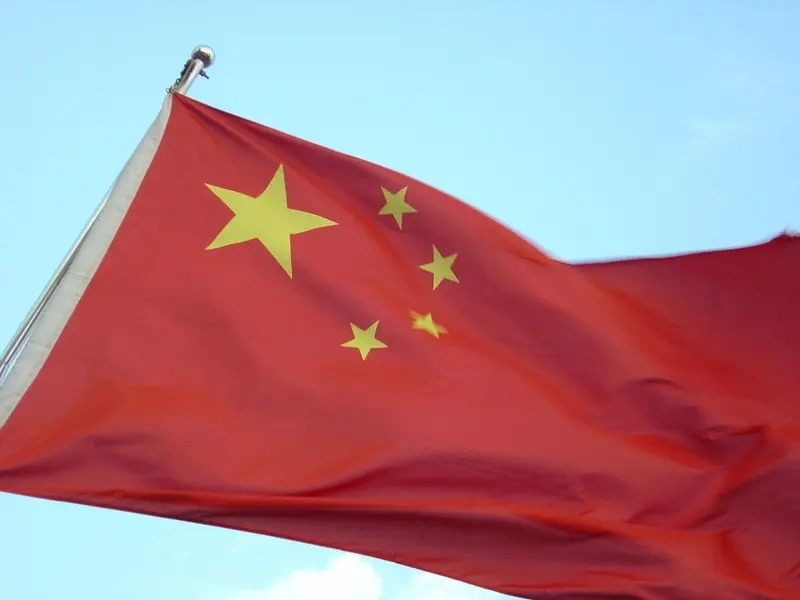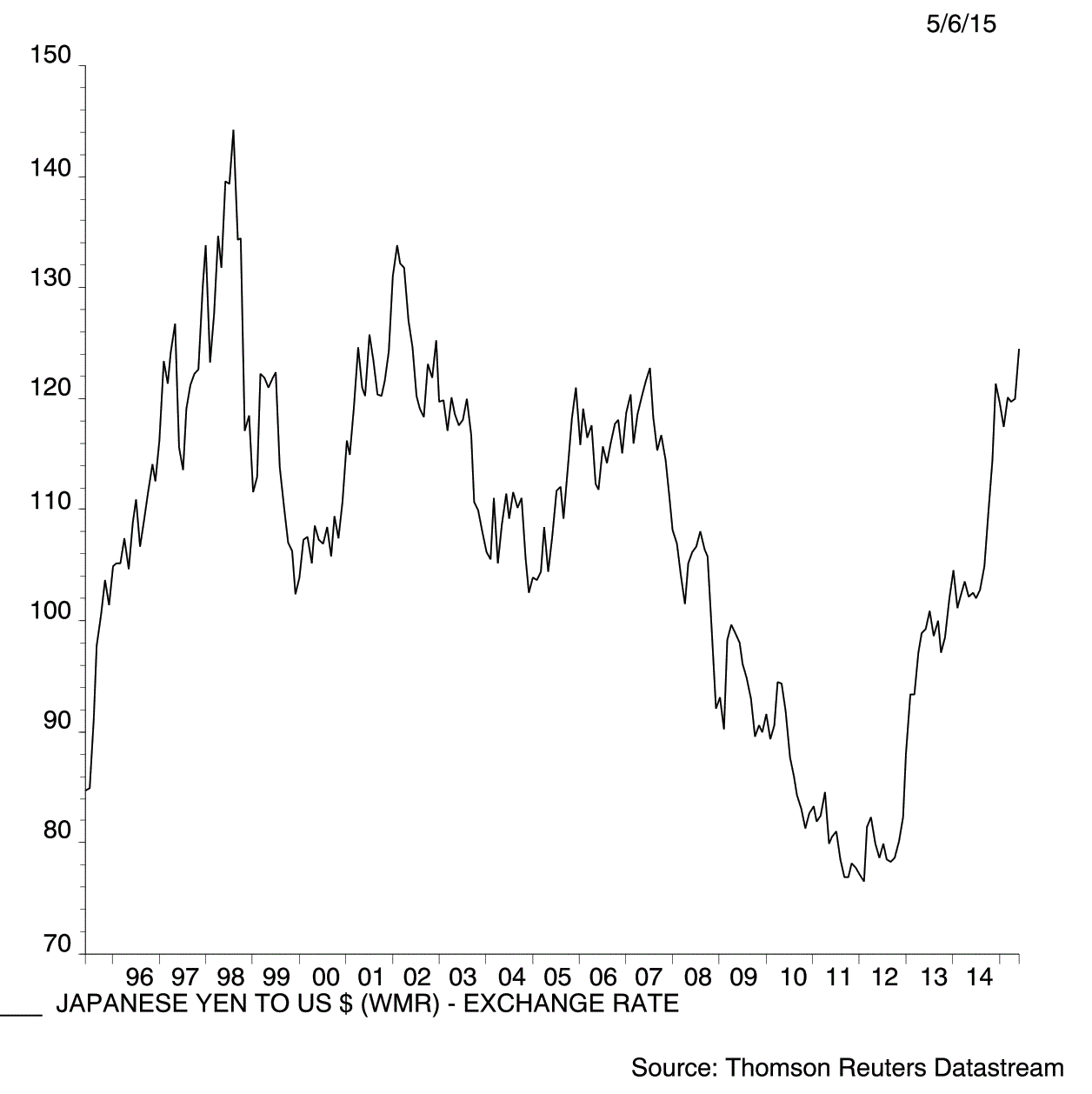
China will be the next country to engage in a new round of competitive devaluation, with damaging implications for western economies.
Bearish Societe Generale analyst Albert Edwards’ claim is based on the dramatically weakening Japanese yen, which puts pressure on China and other Asian countries to follow suit.
Deflationary conditions in China adds further downwards pressure on its currency, the renminbi, according to Edwards.
First quarter economic data from China showed its GDP deflator, an indicator of whole economy inflation, was negative, declining 1.2% year-on-year.
‘The most important thing in the global currency war is that China is now in outright deflation and cannot tolerate renminbi appreciation,’ writes Edwards in a strategy note published on 2 June.
‘As the yen drags down other regional currencies, and the renminbi is forced to participate in a competitive devaluation, deflation fears will surely quickly reignite in the west.’
Weakening Asian currencies place western economies under deflationary pressure, restricting growth and nailing interest rates to the floor.
Inflation concerns after trillions of dollars of quantitative easing in the US and Europe and fears over rising interest rates may turn out to be unfounded.
‘Yen weakness at this juncture reminds us of events before the 1997 Asian crisis,’ writes Edwards.
‘Back in the mid-1990s, a period of undervalued Asian currency pegs to the dollar had stimulated strong growth in the region and large balance of payment (BoP) surpluses.
‘Then the whole process went into reverse as inflation picked up: real exchange rates soared, competitiveness was lost and BoP surpluses turned to deficits.
‘That process has happened again in emerging market economies in general but importantly also in China.’
Edwards expects yen weakness to be exacerbated by further quantitative easing (QE) from Japan’s central bank, prompting a need for China to follow suit and weaken the renminbi.
Economists at the International Monetary Fund encouraged Japan recently to implement more QE because of its failure to hit a 2% inflation target.
‘We believe that what Japan is doing in terms of QE is totally off the scale and it is the yen, not the dollar or the euro, we should be watching,’ Edwards writes.





